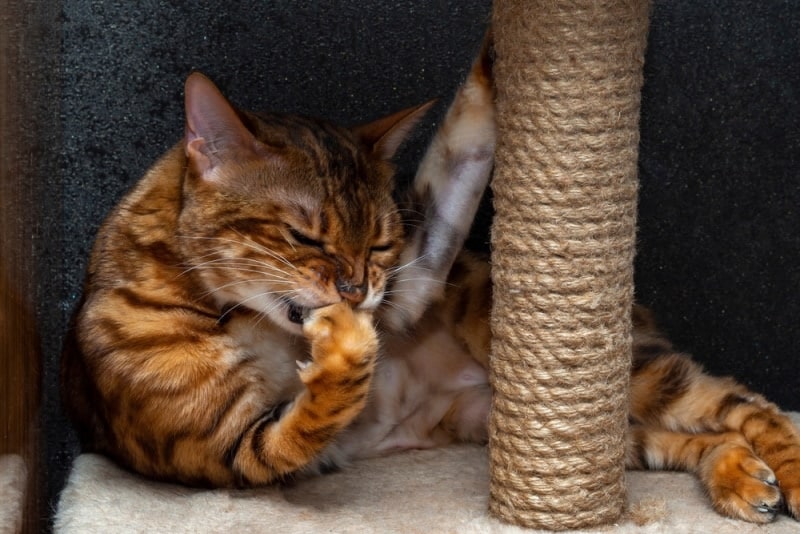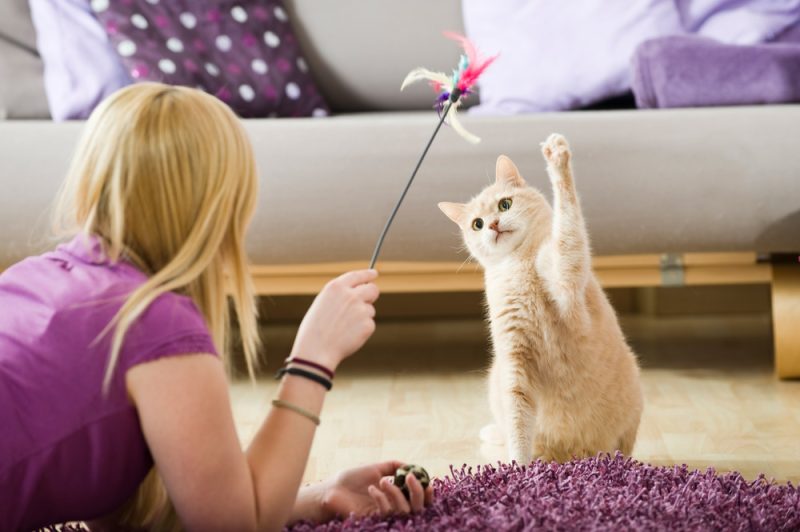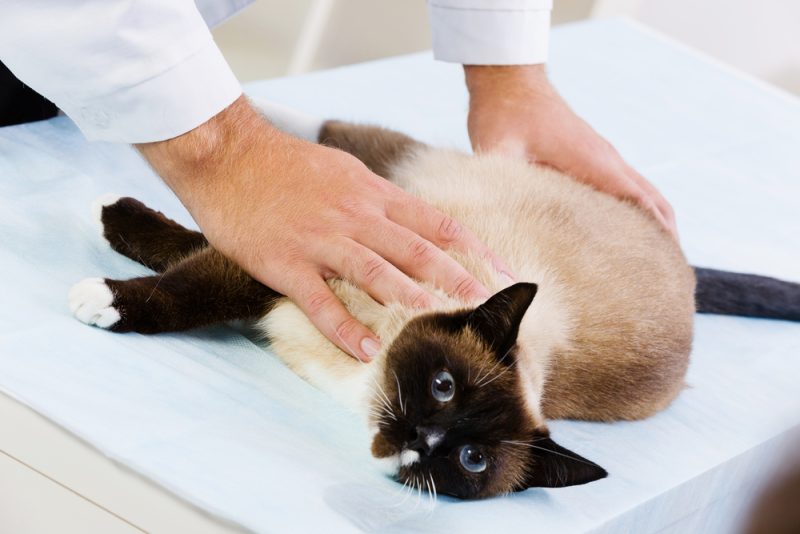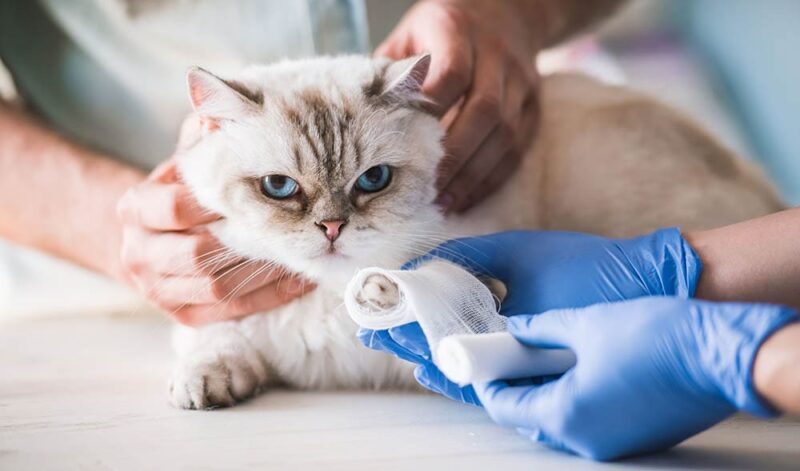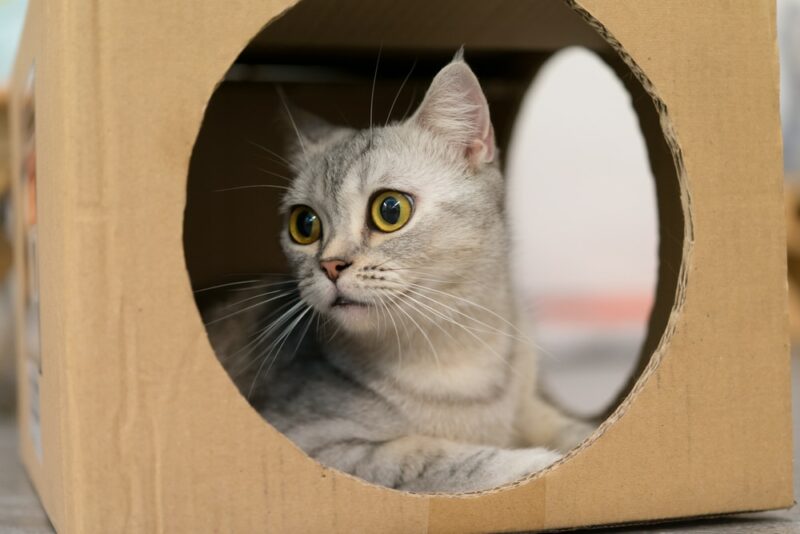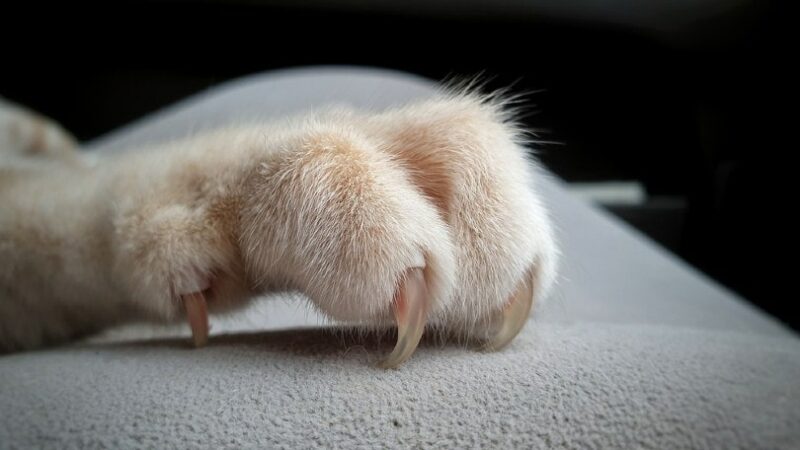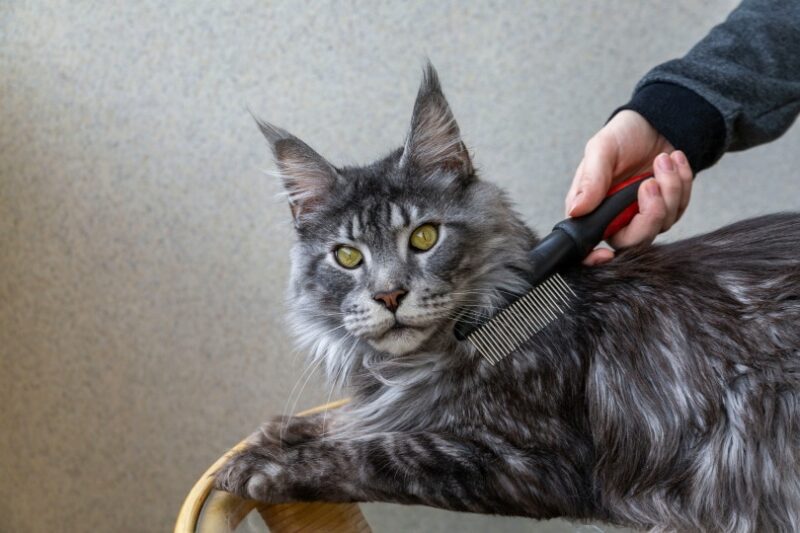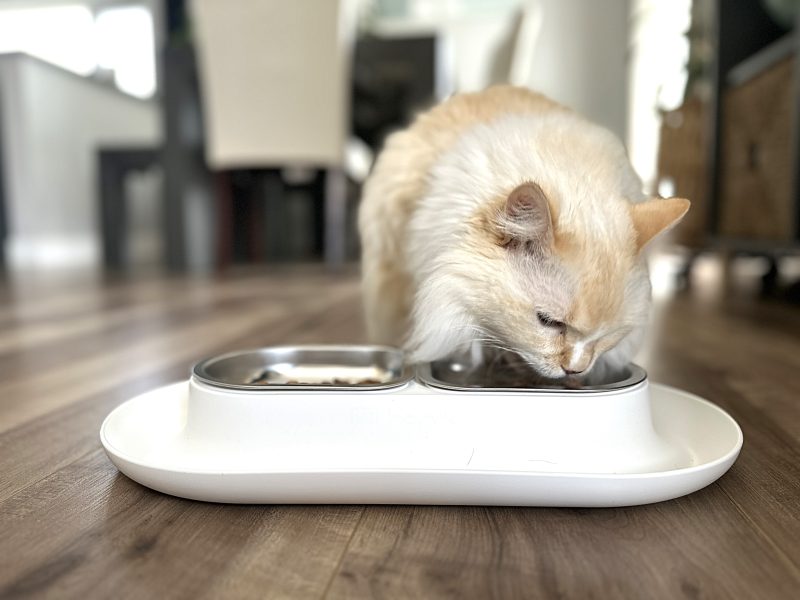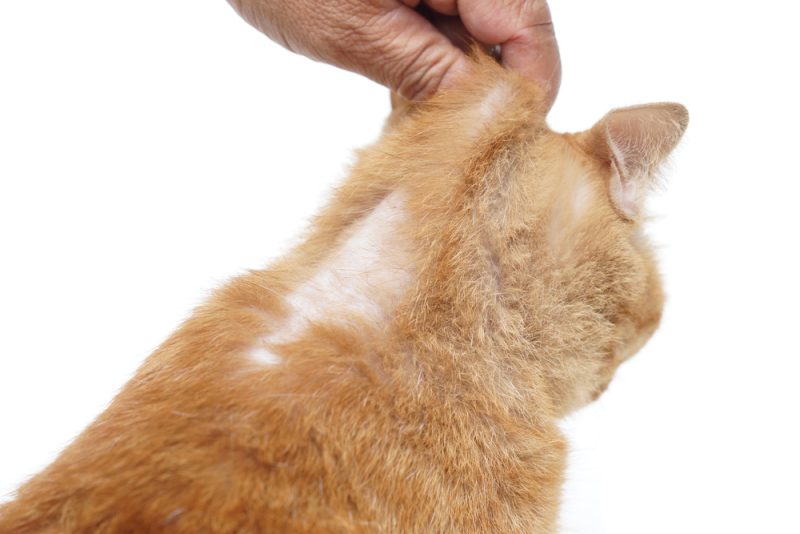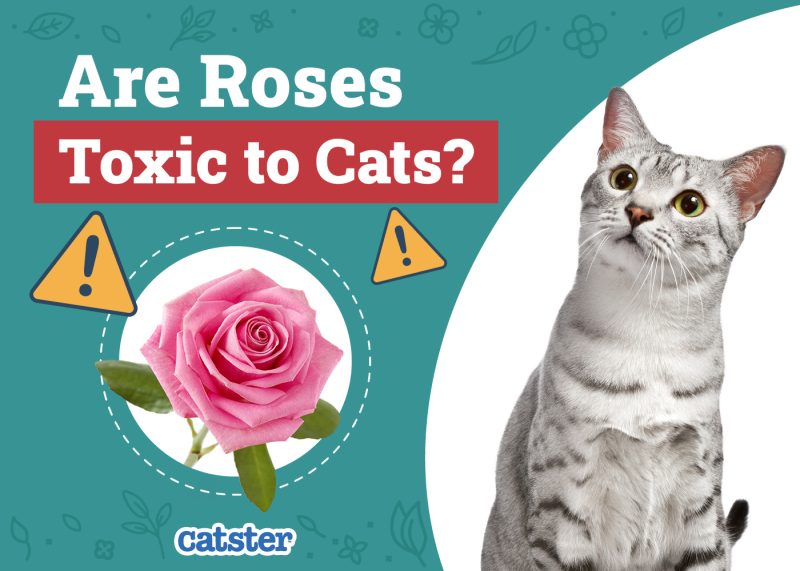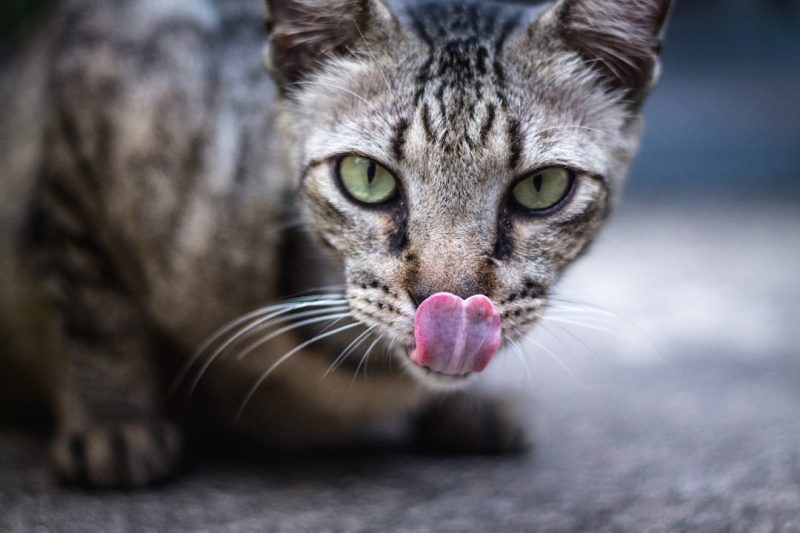In this article
View 3 More +Cleaning with bleach may be a stellar way to kill off pesky pathogens, but the smell left behind can be a bit overwhelming. Most people don’t love the odor of bleach, but some cats can’t seem to get enough of it. While we don’t know the exact reason for this, the suspicion is that cats like the smell of bleach because the chlorine and ammonia in bleach smells similar to the scent of cat urine, which piques their curiosity.
In this article, we’ll discuss how the cat’s sense of smell could lead them to like the odor of bleach. We’ll also cover whether bleach is toxic for cats and how to keep them safe from this strong chemical.

The Cat’s Sense of Smell: A Curious Thing
A cat’s sense of smell is more impressive than a human’s. Cats detect odors not only with their nose but also with a specialized structure called a Jacobson’s organ. This organ, located in the nasal septum, allows the cat to identify unique chemical substances from other cats, also known as pheromones.
Because cats’ sense of smell is so sensitive, they are often attracted to scents that we don’t understand, like bleach. Another example is olive juice, which many cats seem to enjoy. This fruit produces a smell similar to that of catnip that is irresistible to many kitties.
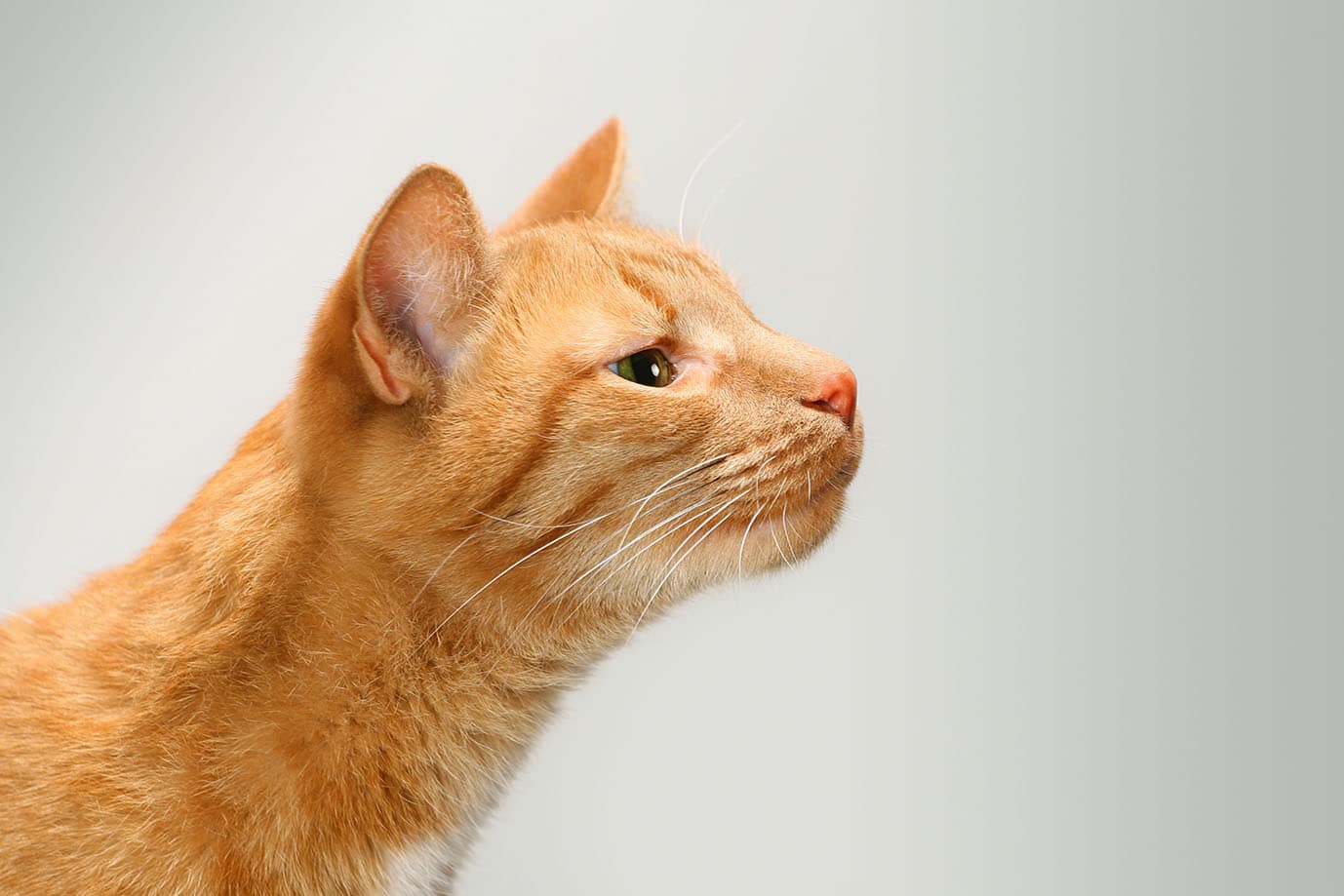

Is Bleach Dangerous to Cats?
Cats may love the smell of bleach, but that doesn’t mean it’s safe for them to sniff to their heart’s content. Depending on how concentrated the bleach is, contact with this cleaner could be irritating or downright dangerous to your cat.
Household bleach and color-safe bleach are the most common types your cat will encounter. These bleaches are considered tissue irritants. Drinking or licking them could cause problems for your cat. Signs may be less severe (but nonetheless concerning) if the bleach is diluted in water when the cat makes contact with it.
Ultra-concentrated bleach, typically only used by professionals or in agriculture, is much more dangerous. This cleaner is considered a corrosive agent. A cat that ingests or walks in this bleach may suffer severe chemical burns to their skin or digestive tract.
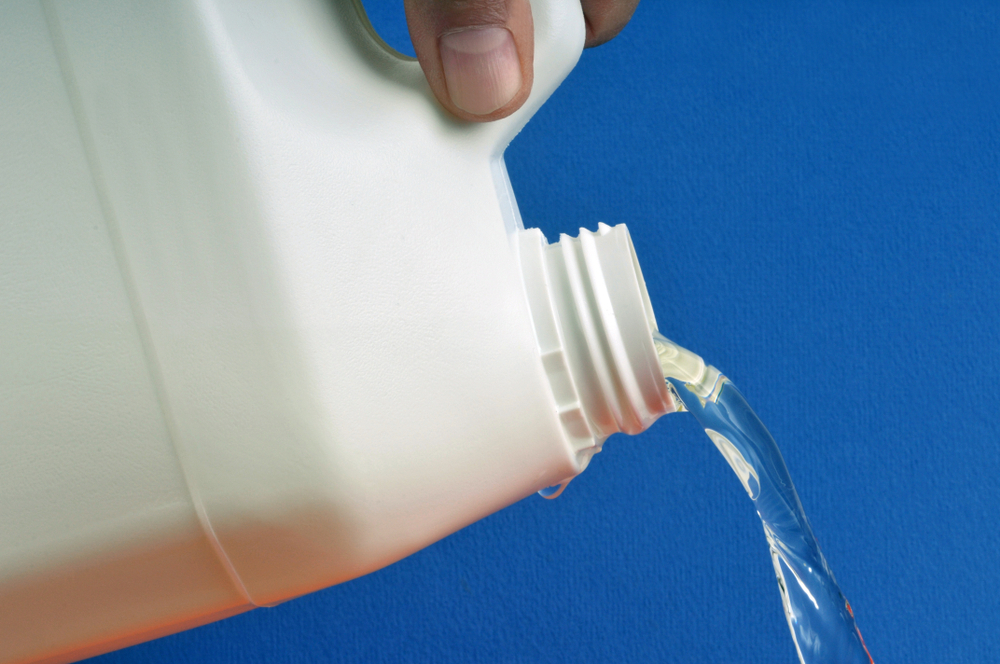
Protecting Your Cat From Bleach
Cats usually come into contact with bleach when it’s used for cleaning. They may drink out of a bucket full of diluted bleach or stick their paws in to play and then lick them. Cats may also walk, lie down, or roll on a recently cleaned surface.
The best way to protect your cat is to keep them out of the way while you’re using bleach products. Close them in a separate room (with toys, treats, etc.) until you finish cleaning and the surfaces are all dry.
You could also choose not to use bleach as a cleaner in favor of a gentler option. However, diluted bleach is the disinfectant of choice for killing off many bacteria, viruses, and fungi that cause disease in both humans and cats. If these strike your household, cleaning with bleach may be unavoidable, and you should take precautions.

What Should You Do if Your Cat Licks Bleach?
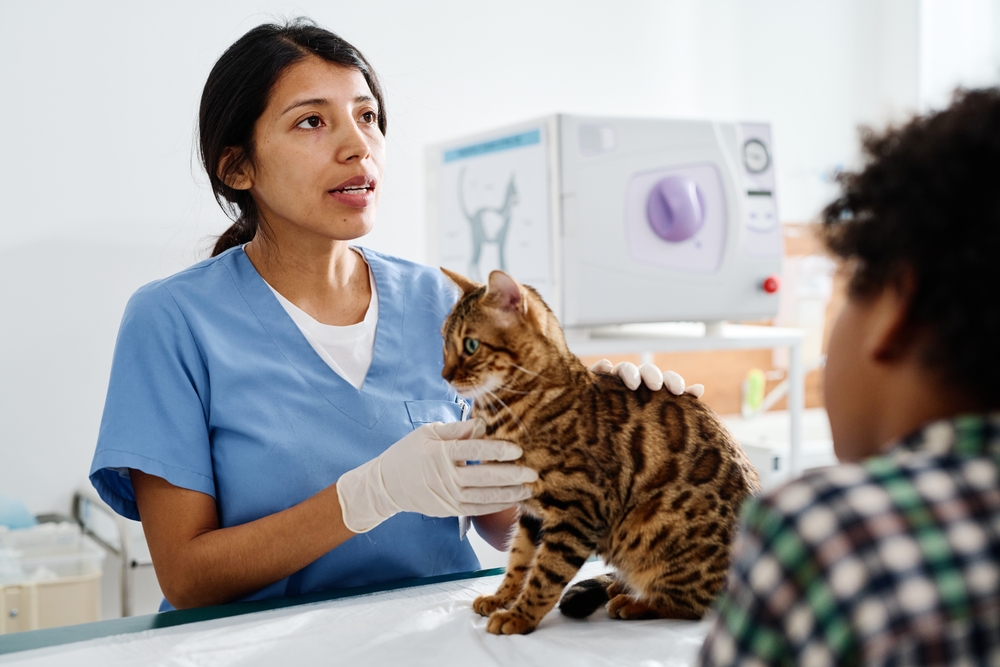
If you don’t witness your cat licking or touching bleach, here are some signs you may notice.
- Excessive drooling
- Red, irritated skin around the mouth or paws
- Vomiting
- Pawing at the mouth
- Watery house
- Heavy, labored breathing
- Drinking excessive amounts of water
- Refusing to eat
- Chemical burns (if the bleach was ultra-concentrated)
- Discomfort
If your cat gets bleach of any type in their eyes – from incidents to where your cat ingests ultra-concentrated bleach or even if they lick or closely smell some diluted bleach – these are generally considered emergencies. Contact your veterinarian immediately and be prepared to transport your cat to the hospital.
It’s important to keep in mind that it’s best to not delay veterinary care for your pet, even if they don’t show any signs of being unwell right away. Cats and bleach are not a good mix. The earlier your veterinarian can intervene, the better your cat’s chances of making a speedy recovery. Waiting until signs present themselves may result in a more complicated treatment process for your pet.
If you need to speak with a vet but can't get to one, head over to PangoVet. It's an online service where you can talk to a vet online and get the advice you need for your pet — all at an affordable price!


Conclusion
Like people, cats differ in their preferred tastes and scents. Why does my cat like the smell of bleach? Because of their more developed sense of smell, cats may find enjoyment from odors that we simply don’t understand, like bleach. We smell cleaner while our cats may detect the scent of familiar pheromones. Whatever the attraction, you should prevent your cat from getting too close to bleach for their own safety.
Featured Image Credit: JumpStory




